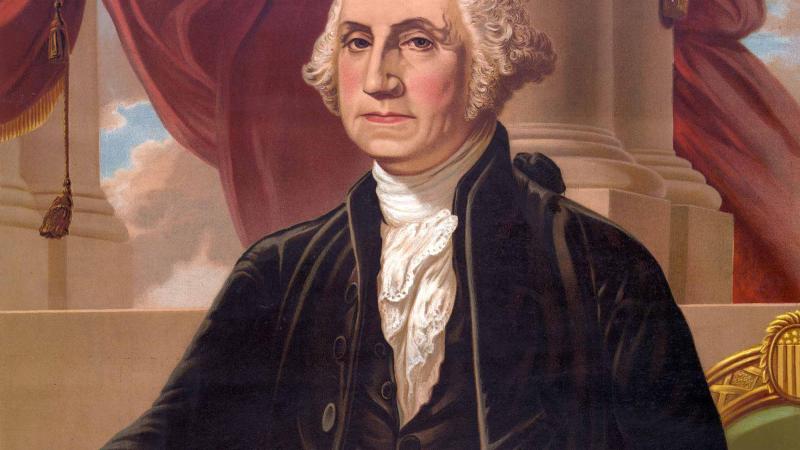Funding Opportunity for
Organizations
Scholarly Editions and Translations
Maximum award amount
$300,000 in outright funds; up to $450,000 may be available if requesting at least $150,000 in matching funds. Up to $1 million for Chairman’s Special Awards in American History and Culture.
Expected Output
Annotated Edition; Annotated Translation; Digital Edition; Print Volume
Period of performance
One to three years. For a Chairman’s Special Award, you must request a period of performance of five years.


